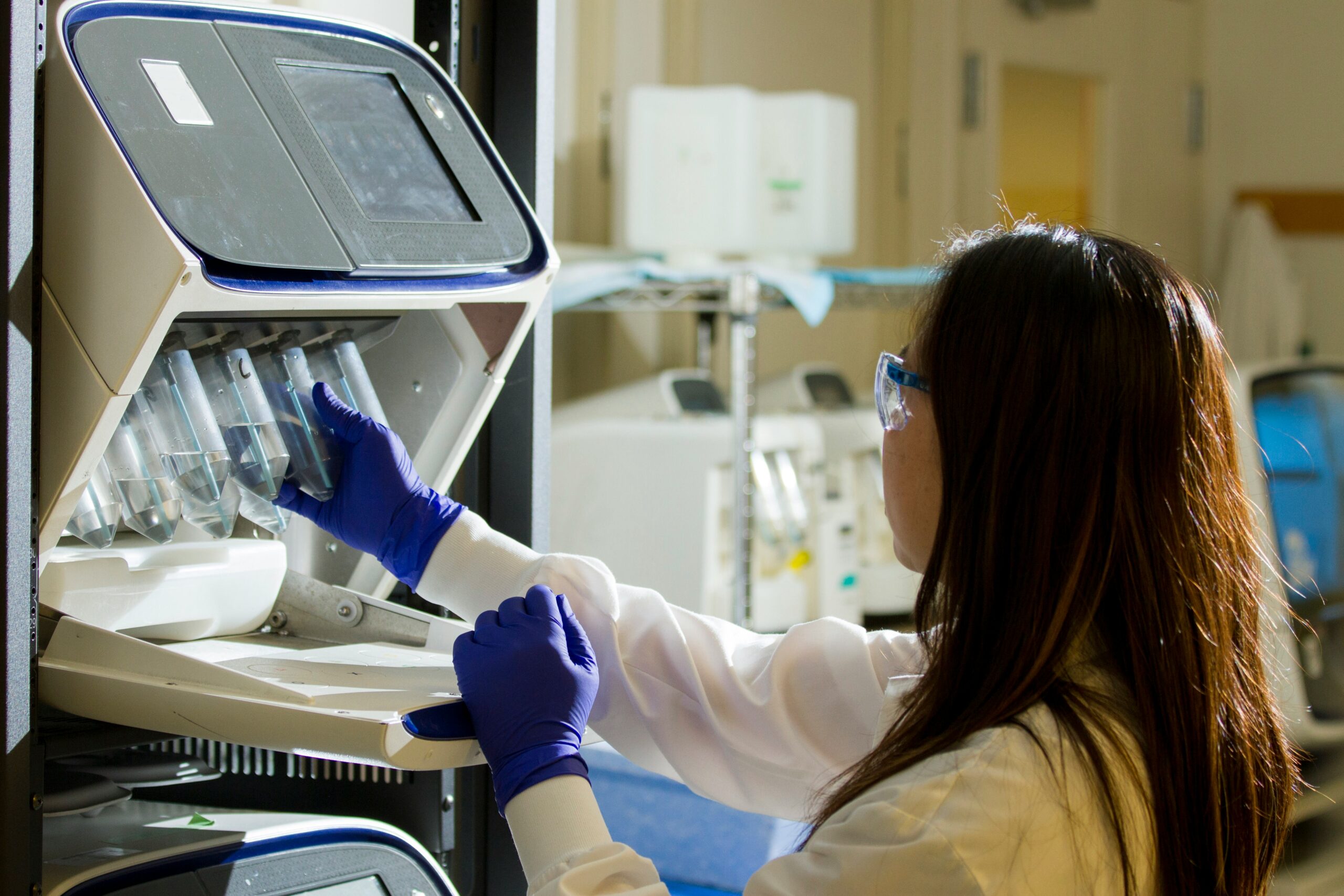
The healthcare industry is undergoing a transformative shift, thanks to revolutionary medical technologies. These innovations are reshaping patient care, improving diagnoses, and creating new possibilities for treatment. In this article, we’ll explore some of the most significant technologies that are changing the game in healthcare today.
Artificial Intelligence: Transforming Diagnosis and Treatment
Artificial intelligence (AI) is one of the most potent tools reshaping healthcare. With its ability to process vast amounts of data quickly and accurately, AI is transforming how doctors diagnose and treat patients. Machine learning algorithms can analyze medical images, predict disease progression, and even suggest personalized treatment plans.
AI-driven diagnostic tools help detect conditions such as cancer, heart disease, and neurological disorders at earlier, more treatable stages. By assisting doctors in making more informed decisions, AI can lead to faster diagnoses and better outcomes.
Wearable Medical Devices: Monitoring Health in Real Time
Wearable medical devices are rapidly gaining popularity, and for good reason. These devices allow patients to monitor their health continuously, offering insights that were once available only in a clinical setting. From fitness trackers to more advanced devices that monitor blood pressure, glucose levels, and heart rate, wearables are putting the power of health management in the hands of patients.
The data collected by these devices is invaluable for both patients and healthcare providers. Real-time monitoring allows for early detection of issues, reducing the need for emergency interventions and preventing hospital readmissions. Wearable technologies not only enhance convenience but also contribute to better overall health outcomes.
Telemedicine: Healthcare at Your Fingertips
Telemedicine has been a game-changer in the healthcare industry, especially in the wake of the COVID-19 pandemic. With telemedicine, patients can consult with healthcare providers remotely, avoiding the need for in-person visits. This innovation is particularly beneficial for those in rural or underserved areas who may have limited access to healthcare facilities.
By leveraging video calls, messaging apps, and digital health records, telemedicine enables doctors to provide consultations, prescribe medications, and monitor patient progress from a distance. The rise of telemedicine has made healthcare more accessible, efficient, and affordable for millions of people worldwide.
Robotic Surgery: Precision and Efficiency in the Operating Room
Robotic surgery is another revolutionary technology that is changing the face of medicine. Using robotic systems, surgeons can perform complex procedures with greater precision and less invasiveness. Robotic surgery systems are controlled by a surgeon who uses a console to guide the robot’s instruments, which enhances the accuracy of movements.
The benefits of robotic surgery include smaller incisions, reduced pain, quicker recovery times, and fewer complications. Various fields, including orthopedics, urology, and gynecology, already use this technology, and its applications continue to expand.
3D Printing: Personalized Medical Solutions
3D printing is making waves in the medical field by enabling the creation of personalized solutions for patients. Medical professionals can now print custom prosthetics, implants, and even anatomical models for surgical planning.
For example, doctors use 3D printing to create prosthetic limbs that perfectly match a patient’s measurements, leading to a more comfortable and functional fit. In addition, researchers are exploring 3D-printed organs and tissues as potential solutions for organ transplantation, offering hope to those on transplant waiting lists.
Gene Editing: Paving the Way for Cures
Gene editing technologies like CRISPR-Cas9 are opening up new possibilities in the fight against genetic disorders. By allowing scientists to modify DNA with incredible precision, gene editing holds the potential to correct genetic mutations that cause diseases such as cystic fibrosis, sickle cell anemia, and muscular dystrophy.
While still in the early stages, gene editing has already shown promise in clinical trials, offering hope for curing genetic conditions that were once thought to be untreatable. As research continues, gene editing could revolutionize the treatment of a wide range of diseases, improving the quality of life for millions of people.
Nanotechnology: Targeting Diseases at the Cellular Level
Nanotechnology involves the manipulation of matter at the atomic or molecular scale, and in healthcare, it is being used to develop highly targeted treatments for diseases. One of the most promising applications of nanotechnology is in drug delivery systems. Nanoparticles can be designed to deliver medication directly to diseased cells, minimizing side effects and improving the effectiveness of treatments.
Nanotechnology is also being explored for cancer treatment, as it allows for the development of drugs that can target tumors more precisely. By delivering drugs directly to cancer cells, nanotechnology could significantly improve the success rates of cancer treatments.
The Impact of Blockchain: Securing Medical Data
Blockchain technology is revolutionizing how healthcare providers store and share medical data. As patient data volume increases, they prioritize security and privacy. Blockchain offers a decentralized, tamper-proof system for storing medical records, ensuring that patient information remains secure and confidential.
Blockchain can also streamline the sharing of medical data between healthcare providers, improving collaboration and ensuring that patients receive the best possible care. This technology has the potential to enhance both the efficiency and security of healthcare systems around the world.
A New Era in Healthcare
Revolutionary medical technologies are transforming healthcare in once unimaginable ways. From AI and wearable devices to gene editing and blockchain, these innovations are improving patient care, enhancing treatment options, and making healthcare more accessible and efficient. As these technologies continue to evolve, the future of healthcare looks brighter than ever.
By embracing these advancements, healthcare providers can deliver better outcomes for patients, while individuals can take a more proactive role in managing their health. The future of medicine is here, and it is changing the game for the better.